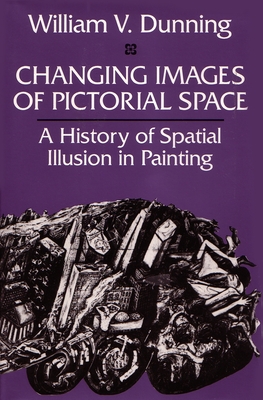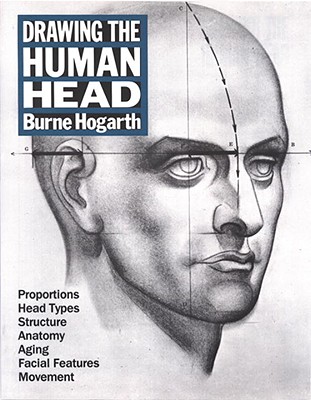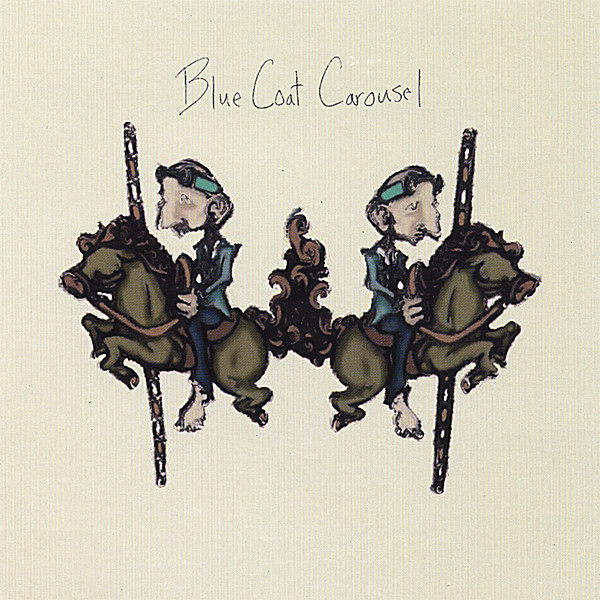
Dunning, William V.
product information
description
4
No artist, critic, or art historian disputes the importance of recording how and why our conceptions and methods of depicting pictorial space have changed from ancient to modern times, and yet no previous book has provided a comprehensive history centered around these changing images of pictorial space and the ways in which their evolution reflects ideological changes in society.
Dunning traces the two thousand year evolution of the conception and the depiction of space in European (primarily Italian and French) and American painting. Unraveling one illusory image after another into their particular elements, he explains the development of new styles and images in painting as a continuous rearrangement of these basic elements. Following this progression through the Greco-Roman period, the Italian Renaissance, impressionism, and the end of modern art, the author concludes with today's postmodern concentration on linguistic aspects in painting, a change from the former emphasis on space and illusion. Changing Images of Pictorial Space, with over forty illustrations, will be of interest to a wide audience--from art historians, painters, and art educators to general readers who wish to understand more about one of the central organizing principles in all schools and periods of art.member goods
No member items were found under this heading.
listens & views

TO HIS HIGHNESS SALVADOR D.
by VAHI / SILLAMAA / OUN / MUSTONEN / HORTUS MUSICUS
COMPACT DISC$22.25
Return Policy
All sales are final
Shipping
No special shipping considerations available.
Shipping fees determined at checkout.






